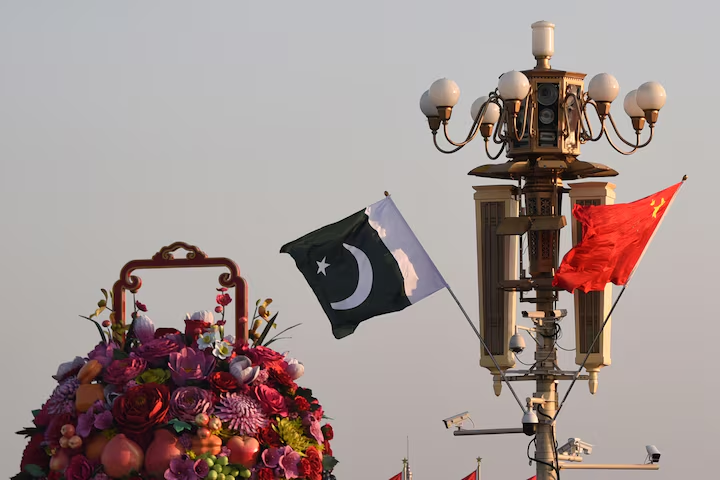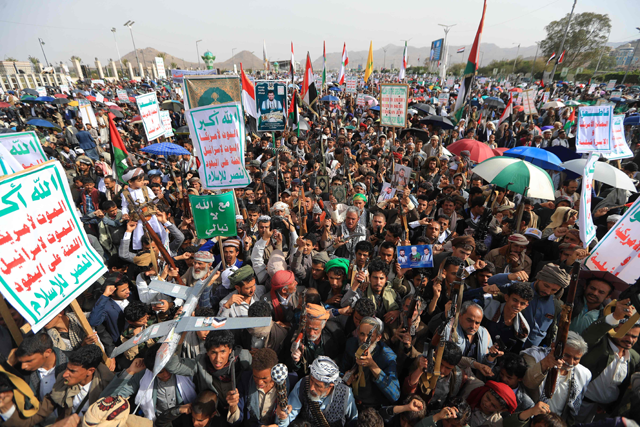Pakistan and China reaffirmed their strategic partnership on Wednesday, May 21, 2025, with both countries vowing to maintain close communication and deepen coordination on regional and international affairs. The commitment was made during a high-level visit by Pakistan’s Deputy Prime Minister and Foreign Minister Ishaq Dar to Beijing, where he met with Chinese Foreign Minister Wang Yi.
The two sides pledged to work together more closely as regional dynamics continue to evolve, particularly amid shifting alliances, economic challenges, and growing geopolitical tensions involving the United States, India, and Middle East crises.
“China and Pakistan are all-weather strategic cooperative partners. We support each other firmly on issues concerning our core interests,” said Wang Yi after the meeting.
The reaffirmation comes at a critical time for both countries. Pakistan is grappling with a fragile economy, rising domestic unrest, and ongoing security threats along its borders. China, meanwhile, faces increased tensions with the U.S. and Western allies, as well as concerns about the future of its flagship Belt and Road Initiative (BRI) — of which Pakistan is a major participant through the China-Pakistan Economic Corridor (CPEC).
The two foreign ministers agreed to accelerate progress on CPEC, which has seen delays due to political instability in Pakistan and regional security concerns. Both sides emphasized the need to ensure the security of Chinese personnel working on infrastructure and energy projects in Pakistan, following recent attacks targeting Chinese nationals.
“We are committed to protecting all Chinese citizens and investments in Pakistan,” said Ishaq Dar, noting that improved security frameworks are being developed.
Beyond economic ties, the talks also touched on regional security cooperation, particularly related to Afghanistan and India. Pakistan and China have often presented a united front in calling for inclusive governance in Afghanistan, while also maintaining a firm stance against perceived Indian aggression, especially in Kashmir.
According to China’s Foreign Ministry, both sides also expressed concern over growing instability in the Middle East, including the escalating conflict in Gaza and Iran’s strained ties with Western powers. They called for diplomatic solutions and urged respect for the sovereignty and territorial integrity of all states.
In a joint statement, the two countries vowed to:
- Enhance counterterrorism cooperation and intelligence sharing.
- Expand defense and military exchanges.
- Deepen people-to-people contacts through academic and cultural programs.
- Support each other’s positions in multilateral forums, including the United Nations, Shanghai Cooperation Organization (SCO), and BRICS.
The visit also set the stage for an upcoming state-level meeting between the top leadership of both countries, with speculation that Chinese President Xi Jinping may travel to Pakistan later this year to mark a decade of CPEC cooperation.
For China, Pakistan remains a critical partner in South Asia, offering both strategic depth and a vital trade and energy route to the Arabian Sea. For Pakistan, China represents its most reliable global ally, especially as it navigates a challenging relationship with the West and seeks financial and political stability.
As the regional order continues to shift, Wednesday’s diplomatic reaffirmation signals that Beijing and Islamabad remain firmly aligned, ready to adapt and reinforce their ties in an increasingly polarized world.
Source; Reuters



